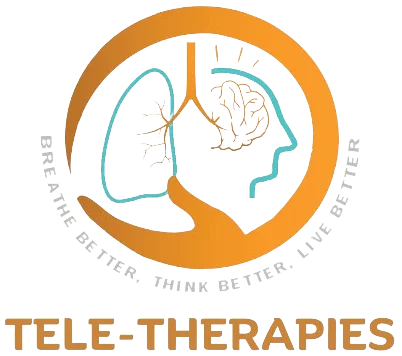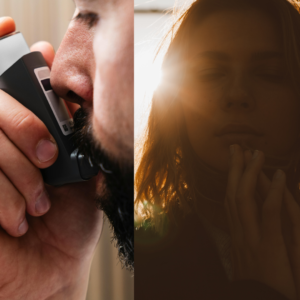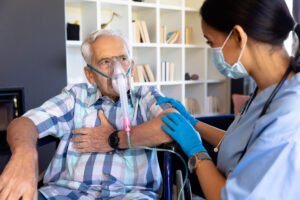Post-Traumatic Stress Disorder can occur after a stressful event that causes a person to feel afraid, shocked, or helpless. It can cause long-term consequences such as flashbacks, trouble sleeping, and anxiety. Acute or chronic traumatic events such as War, crimes, fire, accident, the death of a loved one, or severe abuse in any forms including verbal, physical or emotion in personal or work relationships are some of the events that might trigger post-traumatic stress disorder (PTSD). The symptoms become prominent 6 months later to exposure to traumatic events.
According to statistics, the global prevalence of PTSD in the general population is estimated to be around 3.9 percent. The rate is 5.6 percent in those who have been exposed to trauma. Half of those who had PTSD reported persistent symptoms. According to one large survey of the general population in the United Kingdom, 3 out of every 100 adults were positive for PTSD.
When PTSD Gets Worse Before It Gets Better?
Some persons may take a long time to recognize the condition or notice the symptoms before seeking treatment. During PTSD, the person will be in shock and mental numbness. Trauma therapy can be mentally draining and might exacerbate suffering.
A person goes through four stages of therapy. The first stage is ‘impact,’ which includes feelings such as astonishment, guilt, terror, etc. The second stage is usually denial, in which the person knowingly or unknowingly denies the terrifying event’s flashes or recollections. The third stage is the intermediate recovery phase, in which the person attempts to return to normalcy. Even though the person might face several difficulties, efforts are made to discover quick solutions to primary problems. The fourth stage is long-term recovery, in which the person finds a permanent solution to trauma while the person is still struggling with the post-trauma impacts.
Going through these stages can be stressful, and you may be triggered at times, and things may become worse before they get better. But you will ultimately get better. Thanks to the neuroplasticity of our human brains.
Management:
Treatment typically consists of psychotherapy and counseling, medications, or both.
Psychotherapy:
Psychotherapy for PTSD includes assisting the patient in learning skills to manage symptoms. Therapy also focuses on educating the person and their family about the condition. It also focuses on helping in working through the fears associated with the traumatic incident.
Exposure Therapy: Talking about the event again or confronting the source of the fear in a controlled and safe setting may help the person feel more in control of their thoughts and feelings.
Cognitive-Behavioral Therapy: Helps individual to understand and correct cognitive patterns that result in negative emotions, feelings, and behavior.
Psychodynamic Therapy: Focuses on assisting the person in examining personal values and emotional problems induced by the traumatic incident.
Group Therapy: Allows the individual to express thoughts, emotions, and feelings with people who have been through terrible situations.
Family Therapy: Supports individual with PTSD’s behavior and their family to understand the impact and support families with strategies to improve conservative management.
Medications:
PTSD symptoms can be treated with certain drugs. Your doctor may recommend selective Serotonin Reuptake Inhibitors (SSRIs), such as Paroxetine. SSRIs also benefit in the treatment of depression, anxiety, and sleep disturbances, all of which are frequently associated with PTSD. The doctor may also recommend Mood Stabilizers such as Divalproex (Depakote) or Atypical Antipsychotics such as Aripiprazole (Abilify).
Reaching out for support is the first step for healing……..
References:
- “Post-Traumatic Stress Disorder”. Retrieved from patient.info: https://patient.info/mental-health/post-traumatic-stress-disorder leaflet.
- “Posttraumatic Stress Disorder In The World Mental Health Surveys”. Retrieved from nih.gov: https://pubmed.ncbi.nlm.nih.gov/28385165/.
- “What Is Posttraumatic Stress Disorder (PTSD)?” Retrieved from psychiatry.org/:
- “When PTSD Gets Worse Before It Gets Better”. Retrieved from healthyplace.com: https://www.healthyplace.com/blogs/traumaptsdblog/2020/3/when-ptsd-gets-worse-before-it-gets-better





